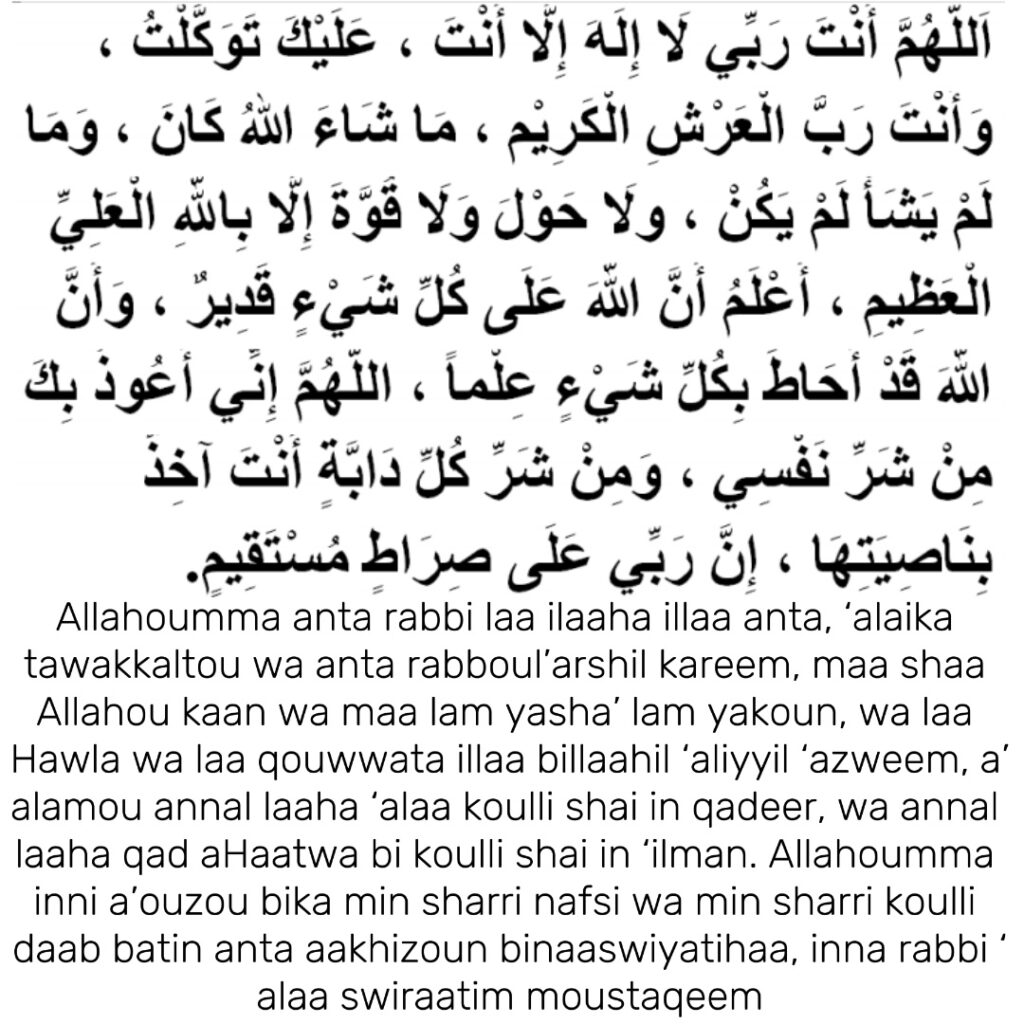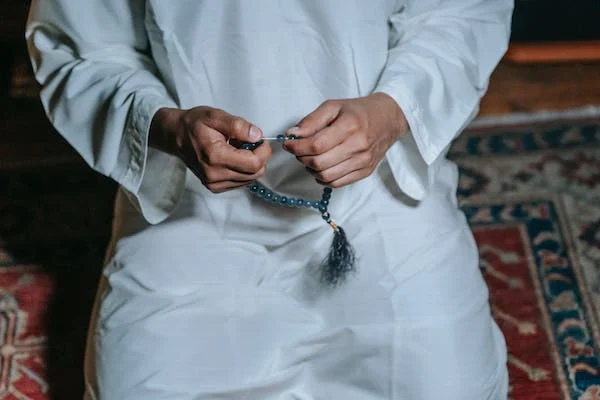Just like the Prophets (AS) and our pious predecessors, we should always be seeking refuge in Allah (SWT) Photo Pexels
World – In the midst of life’s tumultuous journey, marked by its challenges and uncertainties, the heart often seeks solace and security. In this pursuit of tranquillity, a profound refuge is found in the unwavering embrace of Allah (SWT), the Most Merciful and Benevolent. As Muslims, it is of utmost importance that we turn to Allah (SWT) at all times.
In His (SWT) infinite wisdom and mercy, everything was created in pairs and all things in their opposite. The sun and the moon, good and bad, hot and cold, day and night etc. Accordingly, the human is just “feeble and weak” and cannot do anything without the help of Allah (SWT), explained Mufti Humza Farooqi, Fatwa Dept at Jamiatul Ulama KZN.
“One always needs to ask Allah (SWT) for all forms of good and seek refuge in Allah (SWT) from all forms of evil. In the Quraan, Allah (SWT) mentions that O’ mankind, you are all dependent on Allah (SWT) and Allah (SWT) is one who is independent. He (SWT) is most praiseworthy. And in another verse in the Quraan, Allah (SWT) is the one who we should call unto. We should implore during times of hardships, misery, adversity, difficulty etc.”
The pious seeking refuge in Allah (SWT)
If we look at the lives of our pious predecessors, we will find many incidents of them seeking refuge in Allah (SWT). They relied solely on Allah (SWT) and had the firm belief that as long as they did, no harm would befall them unless Allah (SWT) wanted it. One example of this is the incident that happened to Abu Darda (RA).
“On one occasion Abu Darda (RA) was summoned by a person who came running towards him. He said, ‘Oh Abu Darda, your house has burnt down’. Abu Darda (RA) explained that it could not be his house that burned down because he recited a Dua (supplication) wherein he sought refuge in Allah (SWT) from every kind of difficulty and Allah (SWT) will protect him and his belongings. Hence his house will not burn down. When the people went to see the area, they found every house but his had burnt down.”

The Dua taught to Abu Darda (RA) by Nabi (SAW)
Nabi (SAW) told Abu Darda (RA) to read this Dua every morning and night in order to be protected from all sorts of calamities and hardships.
The Prophets (AS) seeking refuge in Allah (SWT)
If we look at the lives of the Prophets (AS) we will find many instances, where they (AS) sought refuge in Allah (SWT). Even though they were chosen to be from amongst the best of mankind, they also turned to Allah (SWT) and begged for his help and protection.
“The life of Nabi Yusuf (AS), when he was being seduced by the wife of the minister of Egypt, he (AS) also sought refuge in Allah (SWT). She was calling him, trying to seduce but what did Nabi Yusuf (AS) say? He said, ‘I seek refuge with Allah (SWT)’. In the life of Nabi Mosa (AS) on the occasion when Firoun and his people showed arrogance and rejected Nabi Mosa (AS) invitation, he sought protection by seeking refuge in Allah (SWT) and he said, ‘Surely, I have sought protection with my Lord and your Lord from every arrogant one who does not believe in the day of reckoning’.”
It is stated that Nabi (SAW) sought refuge from “more than 50 to 60 things”. Nabi (SAW) used to recite and ask Allah (SAW) to protect his grandchildren, children and others from all types of calamities and evils.
Protecting ourselves from all calamities
We as Muslims should always remind ourselves to seek refuge from all kinds of calamities and evils. One of the best and easiest ways to seek refuge in Allah (SWT) is by reciting the Al-Mu’awwidhatan or the Verses of Refuge which are Surah Al-Falaq and Surah An-Nas after every salaah and most importantly in the morning and night.
“It is very important for us in this day and age that we should try and ensure we have made a connection to Allah (SWT) by seeking refuge in Him (SWT) from all these difficulties. After every salaah, we should be responsible enough for ourselves, our families, parents, communities that we seek refuge in Allah (SWT) that He (SWT) that he keeps us in His (SWT) protection from all the various trials and tribulations that the Muslim Ummah is facing locally and globally.”
